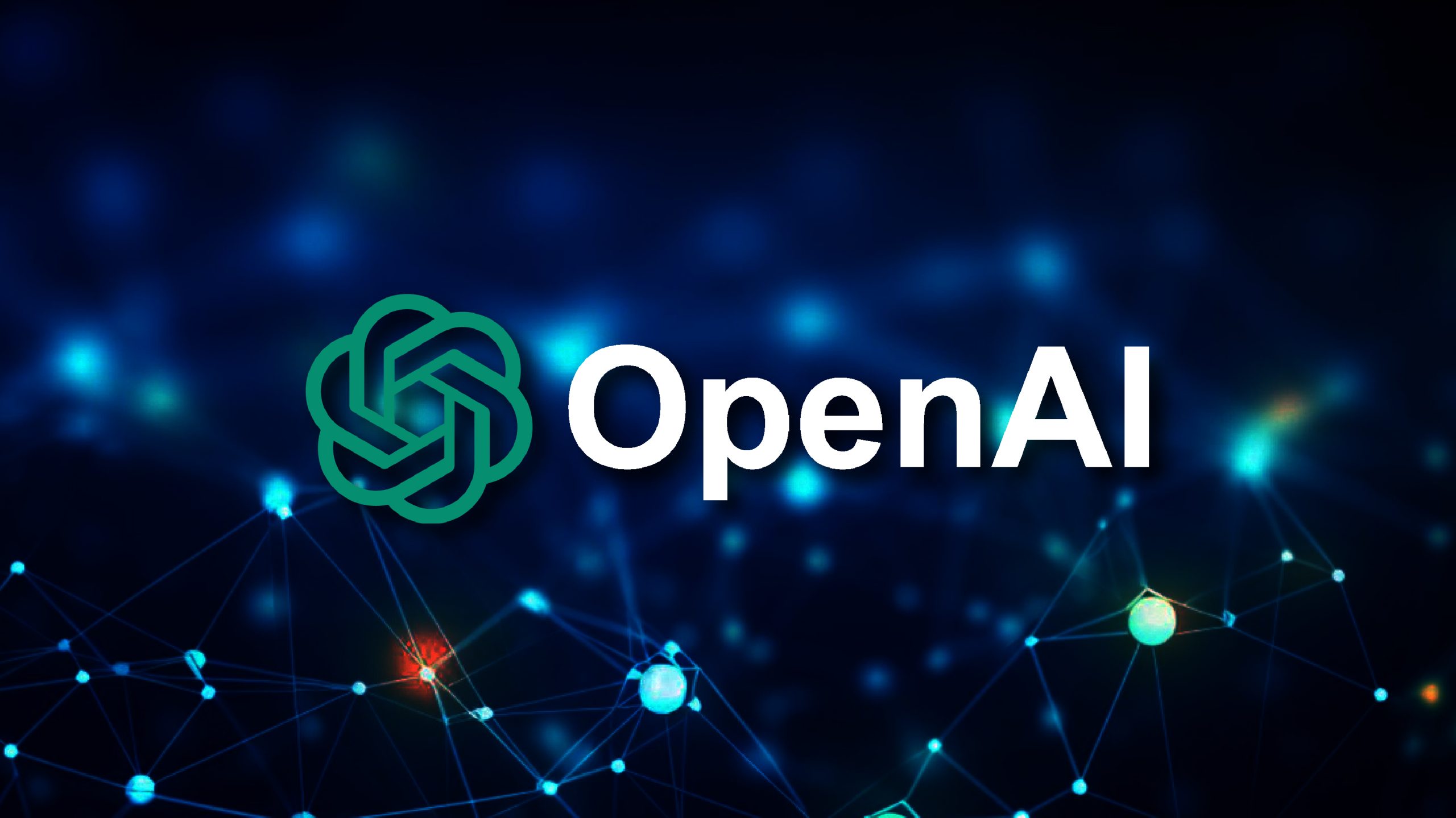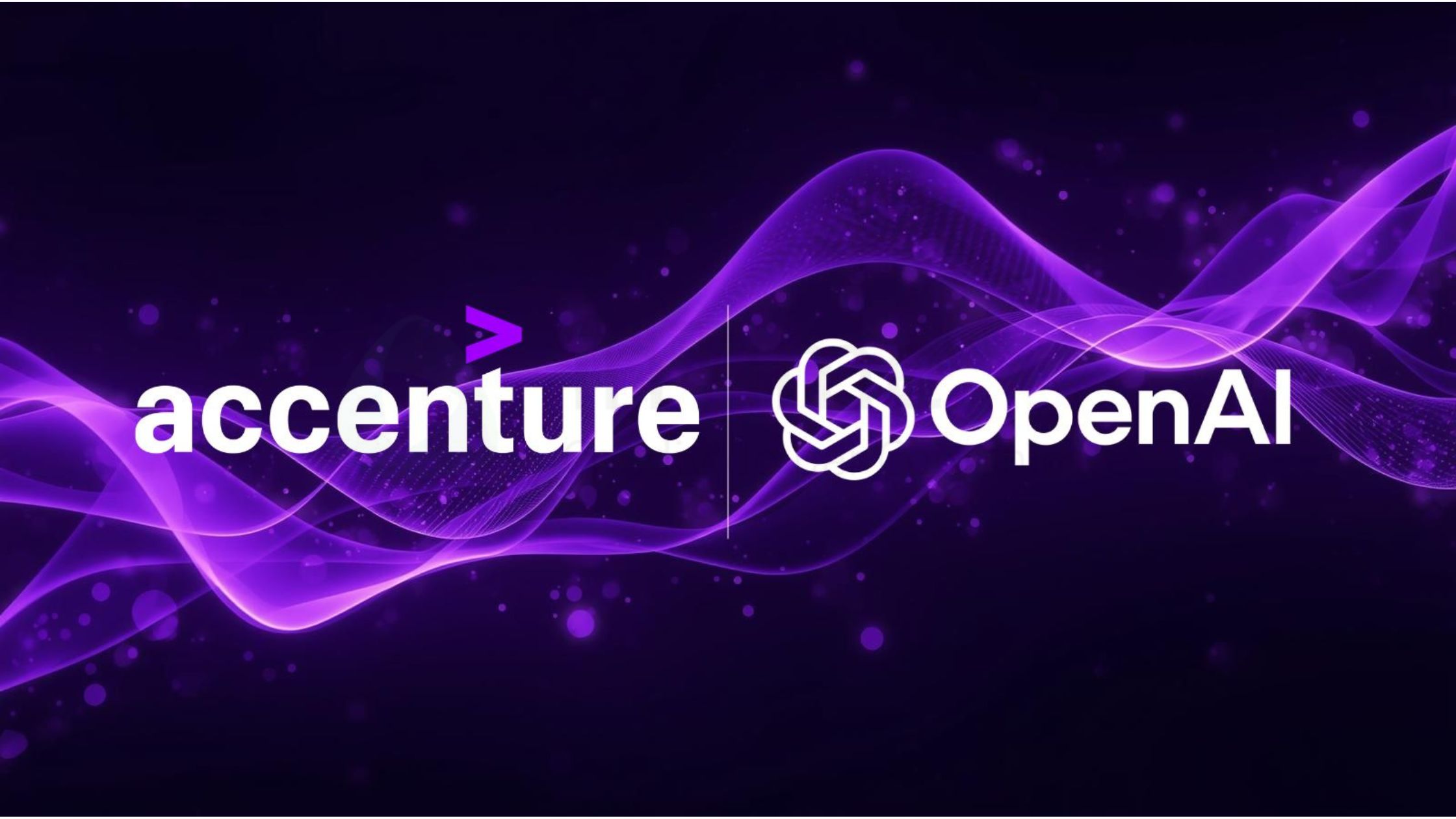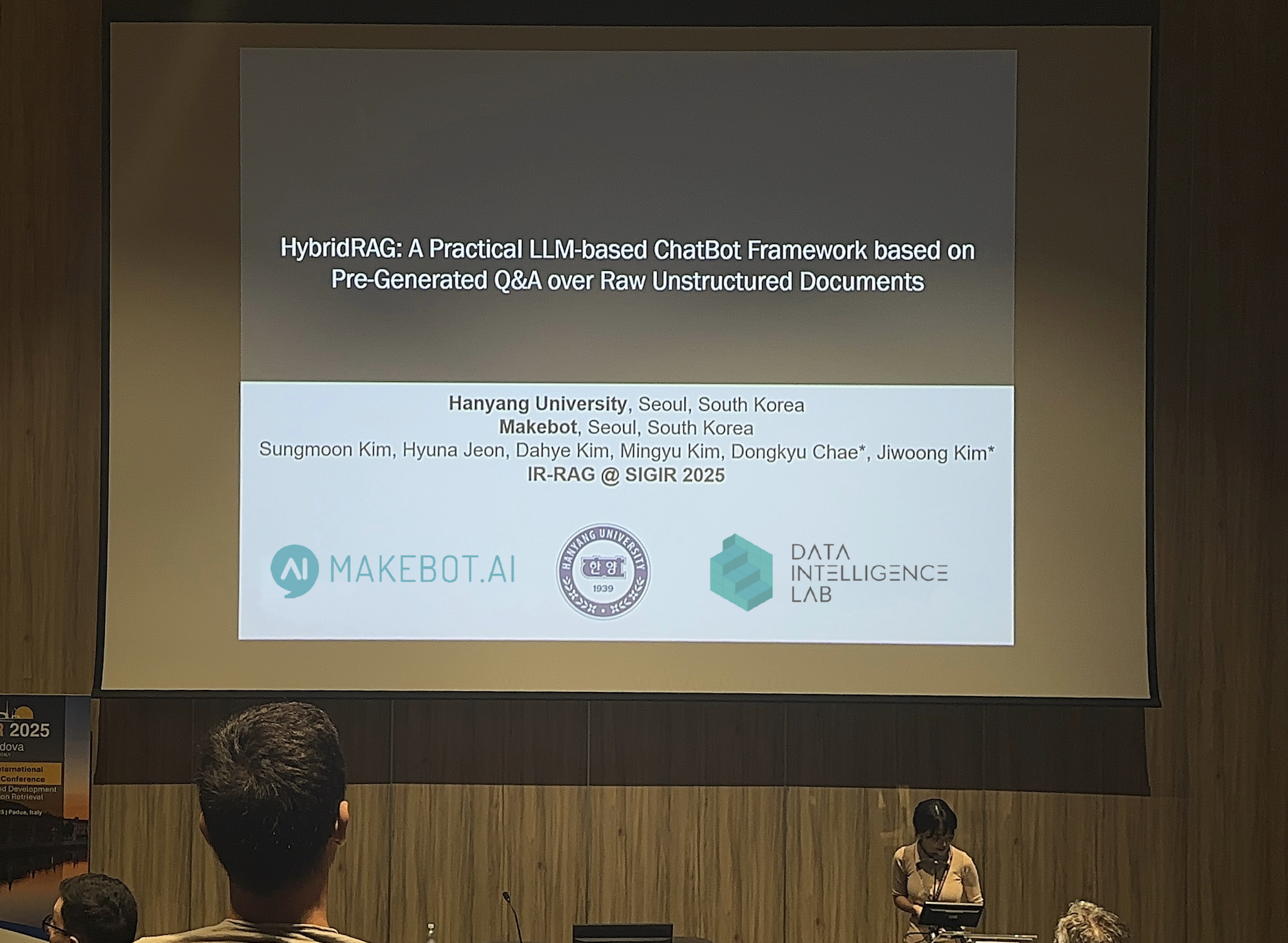AI Investments Set to Outpace Digital Tech Spending in Asia-Pacific, Driving $1.6 Trillion Economic Impact by 2027
Asia-Pacific AI investments to boost $1.6T economy by 2027; shift from experiments to scale success.


AI Investments Set to Outpace Digital Tech Spending in Asia-Pacific, Driving $1.6 Trillion Economic Impact by 2027
According to recent predictions from International Data Corporation (IDC), AI-related spending in the Asia-Pacific region is projected to grow 1.7 times faster than overall digital technology investments over the next three years.
This accelerated growth is expected to generate a substantial economic impact of $1.6 trillion across Asia-Pacific Japan by the end of 2027.
AI Investment a Top Priority for Asia-Pacific Entrepreneurs, UBS Report Finds. Read more here!

The AI Pivot: Moving Beyond Experimentation
At the recent IDC FutureScape event in Singapore, the research firm unveiled its latest technology predictions for 2025-2029, highlighting what it calls "the AI Pivot" - a critical shift from experimental Generative AI implementations to comprehensive, enterprise-scale AI integration.
"2025 will be the year of the AI Pivot. It marks the shift from seemingly endless AI experimentation to executing AI at scale," stated Sandra Ng, group vice president and general manager for IDC.
"Organizations must integrate AI into their business strategies to stay ahead of the competition, moving beyond isolated pilot projects to achieve real, measurable business outcomes through structured approaches, governance, quality data and scalable fit-for-purpose infrastructure."
Currently, the success rate of Generative AI initiatives across the APAC region stands at approximately 62%. By 2027, however, IDC predicts that business leaders in the Asia-Pacific will demand an 80% success rate on these initiatives to boost efficiency and drive revenue growth.

Seven Critical Pillars for AI Success
To guide businesses through this transition, IDC has outlined seven critical pillars necessary to become an AI-fueled business:
- Strategy: Effective scaling of AI requires close collaboration between IT and business teams. Poor coordination remains a key reason for low success rates. By 2026, IDC predicts that over one-third of organizations will remain stuck in the experimental, point-solution phase of AI experimentation. To overcome this challenge, organizations must shift focus to enterprise use cases that deliver tangible ROI.
- Governance: Organizations with high Generative AI success integrate responsible AI into their governance frameworks. By 2025, IDC forecasts that 70% of organizations will formalize policies and oversight to address AI risks (including ethical concerns, brand protection, and personal identifiable information), aligning AI governance with strategic business goals.
- People: Training and alignment between executives and employees are crucial to overcoming early AI deployment challenges. By 2027, IDC predicts that more than 50% of A2000 enterprises will rely on Generative AI-enabled platforms to automate, accelerate, and optimize IT training and skilling outcomes.
- Applications: Generative AI-infused applications transform business decisions, raising the stakes for production launches. By late 2026, IDC estimates that 50% of organizations in the APAC region will leverage AI to bring immediate employee and business value through AI-driven technology assistants, advisors, and agents that enable improved decision-making.
- AI Platforms: Businesses often struggle with disparate AI tools. Unified platforms will streamline AI efforts at scale. By 2028, IDC forecasts that 75% of enterprises that establish an AI platform strategy built on a foundation of connecting processes to broader business functions will achieve enhanced value from their investments.
- Data: High-quality data is critical for AI success, and many organizations are grappling with "dark data." To optimize costs, reduce vendor dependencies, and improve data governance, IDC predicts that by 2025, 45% of A2000 companies will adopt multi cloud data logistic platforms. By 2027, the use of data-as-a-product architectures will significantly break down data silos in 50% of large APAC enterprises.
- Infrastructure: Current infrastructure solutions support experimentation, but scaling AI to production challenges ROI due to high costs. By 2028, IDC estimates 75% of enterprise AI workloads will be deployed on hybrid fit-for-purpose infrastructure to turbocharge time to value while optimizing performance, cost, and compliance.
Deloitte Report : AI Governance Improvement Opportunities in the APAC Region. More here!

Additional Trends Shaping the Digital Economy in Asia-Pacific
Lawrence Cheok, Associate Research Director for Digital Business and AI Transformation Strategies at IDC Asia-Pacific, highlighted additional trends that will shape the region's digital economy:
- Evolving Digital Role of CIO: By 2026, as digital transformation becomes core to business strategy, 40% of IT leaders will rise as business leaders to align people, operations and business models with digital technologies.
- Evaluating Digital ROI: By 2026, 40% of APAC organizations will excel at measuring ROI of their digital tech investments, adopting a unified, data-driven approach to assess key financial, operational, customer and ecosystem metrics.
- Increased Data Focus in AI Strategy: By 2025, 80% of enterprises will fail to treat data as a product and put in place the discipline to unlock the value of data for all stakeholders, delaying their AI-fueled business models further.
- Critical Digital Skill Gaps: By 2027, 60% of APAC organizations will experience digital skills shortages that cause project delays, slowing AI technology implementations into the following year.
Growing Digital Divide Between AI Leaders and Laggards
IDC anticipates that organizations effectively leveraging AI and Generative AI will widen the digital divide, establishing themselves as leaders in the digital economy.
Key focus areas for success include aligning IT architectures and AI platforms with business workflows, fostering data-as-product strategies, and embedding trust-centric AI governance. These strategic shifts are expected to accelerate ROI and enable organizations to achieve sustainable growth while maintaining ethical practices.
Strategic Implications for Business Leaders
The findings from International Data Corporation underscore that the AI revolution is no longer a future consideration but an immediate strategic imperative for businesses across the Asia-Pacific region. Organizations that successfully address and overcome the seven identified AI blockers in 2025 will be best positioned to:
- Capture new revenue streams
- Improve customer experiences
- Build long-term competitive advantages
- Accelerate digital transformation initiatives
- Optimize operational efficiency
As Generative AI continues to mature and integrate more deeply into enterprise operations, business leaders in the APAC region must prioritize strategic AI investments while addressing critical challenges like talent shortages, responsible AI implementation, and alignment with broader business objectives to fully realize the $1.6 trillion economic potential by 2027.
Forrester Predicts AI Shifts for Asia-Pacific by 2025: A Transformative Year for AI Adoption. Read here!
Succeed in the AI Pivot with Makebot
IDC forecasts $1.6T AI impact in APAC by 2027, with leaders demanding 80% AI success rates.
Makebot delivers with patent-protected hybrid RAG, multi-LLM support, and industry-specialized models trusted by Hyundai, Korean Air and 1,000+ companies.
Ready to move beyond AI experimentation? Contact us → | b2b@makebot.ai

Studies Reveal Generative AI Enhances Physician-Patient Communication



















































_2.png)

















.jpg)




























